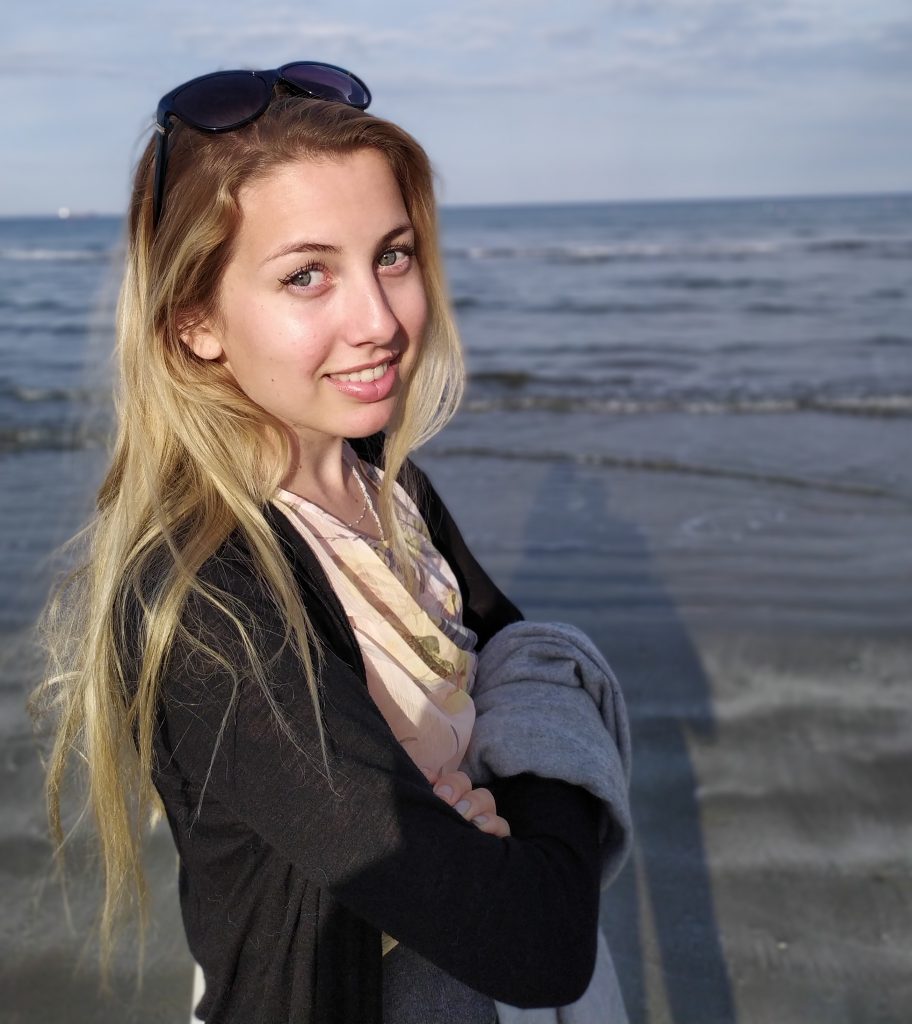Elsa Lilja, a graduate student of International Relations and EU External Relations at the University of Kent, was undertaking an internship at the Conflict Analysis Research Centre (CARC) from October 2018 to May 2019. In this post, Elsa reflects on her experience interning at CARC and how this has influenced her future career decisions.
During my time as an intern at CARC, I had the opportunity to gain valuable experience through a variety of different tasks. One of the most rewarding responsibilities I had was to help organise events, such as the annual John Burton lecture, which allowed me to connect with a variety of inspiring academics and practitioners. Prior to my studies at the University of Kent, I spent six months as a trainee at the Norwegian Embassy to Kosovo and Albania. Working on topics relating to peace building processes in the Balkans made me interested in learning more about conflict analysis. My internship at CARC turned out to be a great way to engage with a variety of topics related to this field. Furthermore, the experience I gained from managing the CARC websites and social media helped me develop skills and experience that would turn out beneficial to my upcoming traineeship in EEA Law communications, which I am starting this summer in Brussels.
Before coming to Kent, I studied International Comparative Studies at Duke University in North Carolina. I later moved onto working for the Red Cross in Oslo, before spending six months as a trainee at the Norwegian Embassy in Prishtina, Kosovo. Given recent conflicts in the 1990s, a large part of the work at the Embassy was focused on peace building, development, state and institution building. This background made me interested in studying international conflict further and to engage with theories and research in the field of conflict analysis. Beginning my MA studies, I opted to split my time between Brussels and the UK, spending my third term in Canterbury. There, I had the opportunity to undertake a valuable and insightful internship at the Conflict Analysis Research Centre. With a specialisation in EU External Relations, I have connected much of my academic work to both EU Enlargement and EU approaches to conflict resolution.
I learned about the Conflict Analysis Research Centre through a course in Conflict Resolution, led by director of CARC Feargal Cochrane. I saw this as an excellent opportunity to increase my understanding of the field of conflict analysis research and to enhance my studies. Over the duration of the internship, together with the other CARC intern Valeria Minisini, I have had the opportunity to help organise events with speakers from different countries and fields of work and research. Getting to interact with scholars from an array of disciplines and fields of expertise- from the international criminal court to mediation and refugee issues- was truly an unforgettable experience.
Since the internship is intended for students, it allowed flexibility to work around my studies, enabling me to make the best of both. With my supervisors and the second intern, I had a great support system when it came to planning and managing the work, as well as finding resources and ideas for material to publish and CARC activities.
Being responsible for managing the CARC online platforms, we could publish on and write for the CARC blog and share exciting developments in the conflict analysis field. One of the things I enjoyed the most was getting to share the work of professors and academics involved in CARC as well as students engaging with different themes within conflict analysis. This allowed me to learn a lot about the field, to interact with others interested in conflict analysis and to share and promote their work.
In addition, this internship was a great opportunity to build and strengthen my administrative skills and organisational capacities, providing a useful segway into my next step as I aim to build a career within international relations. Constantly composing and condensing messages relating to research on international conflict, these experiences allowed me to become comfortable with communication and to demonstrate transferable skills that helped me land my dream traineeship. Starting this summer, I will be working at a Brussels-based institution monitoring implementation of and compliance with EEA law. I would highly recommend this internship to any student interested in peace and conflict and wanting to gain some hands-on experience to enhance your studies. I look forward to keeping up with the work at CARC in the future and to follow-up with these important and impactful efforts.

